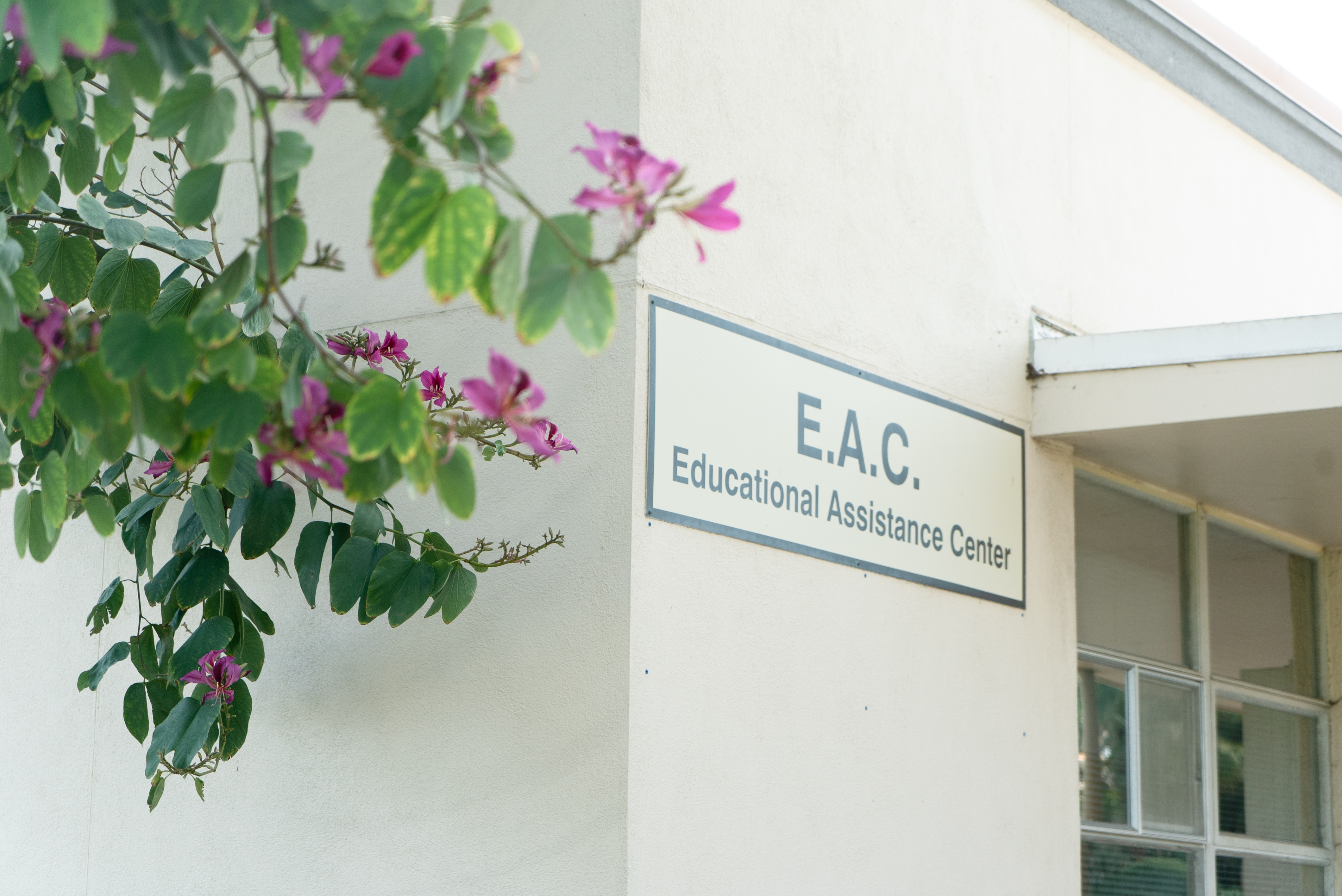BP 5500: Standards of Conduct
Book VCCCD Board Policy Manual
Section Chapter 5 Student Services
Title BP 5500 STANDARDS OF CONDUCT
Number BP 5500
Status Active
Legal Accreditation Standards II and IV
Adopted April 13, 2010
Last Reviewed October 14, 2014
The Chancellor shall establish procedures for the imposition of discipline on students in accordance with the requirements for due process of the federal and state law and regulations.
The procedures shall clearly define the conduct that is subject to discipline, and shall identify potential disciplinary actions, including but not limited to the removal, suspension or expulsion of a student.
The Board shall consider any recommendation from the Chancellor for expulsion. The Board shall consider an expulsion recommendation in closed session unless the student requests that the matter be considered in a public meeting. Final action by the Board on the expulsion shall be taken at a public meeting.
The procedures shall be made widely available to students through the college catalog and other means. Students who violate any of the following standards for student conduct while at the District, on the college campus, or during off-campus college-sponsored activities are subject to the procedures outlined in Administrative Procedure 5520: Student Discipline Procedures:
1. Causing, attempting to cause, or threatening to cause physical injury to another person or to one’s self or;
2. Engaging in intimidating conduct or bullying against another student through words or actions, including direct physical contact, verbal assaults, such as teasing or name-calling, social isolation or manipulation, and cyber-bullying.
3. Engaging in harassing or discriminatory behavior. The District's response to instances of sexual harassment will follow the processes identified in Board Policy 3430 and Administrative Procedure 3430.
4. Possession, sale, or otherwise furnishing a weapon, including but not limited to, any actual facsimile of a firearm, knife, explosive or other dangerous object, or any item used to threaten bodily harm without written permission from a District employee, with concurrence of the College President or designee.
5. Use, Possession, distribution, or offer to sell alcoholic beverages, narcotics, hallucinogenic drugs, marijuana, other controlled substances or dangerous drugs while on campus or while participating in any college-sponsored event.
6. Presence on campus while under the influence of alcoholic beverages, narcotics, hallucinogenic drugs, marijuana, other controlled substances or dangerous drugs except as expressly permitted by law. (Use or possession of medical marijuana is not allowed on any college property.)
7. Committing or attempting to commit robbery or extortion.
8. Causing or attempting to cause damage to District property or to private property on campus.
9. Stealing or attempting to steal District property or private property on campus, or knowingly receiving stolen District property or private property on campus.
10. Willful or persistent smoking (including e-cigarettes or use of similar mechanisms) in any area where smoking has been prohibited by law or by regulation of the college or the District.
11. Obstruction or disruption of classes, administrative or disciplinary procedures, or authorized college activities.
12. Disruptive behavior, willful disobedience, profanity, vulgarity, lewd, or other offensive conduct, on campus or during campus sponsored activities.
13. The persistent defiance of authority or abuse of District/college personnel.
14. Academic dishonesty, cheating, or plagiarism.
15. Dishonesty, forgery, alteration or misuse of District/college documents, records or identification, or knowingly furnishing false information to the District/college or any related off-site agency or organization.
16. Unauthorized entry to or use of District/college facilities.
17. Engaging in expression which is obscene, libelous, or slanderous, or which so incites students as to create a clear and present danger of the commission of unlawful acts on District/college premises, or the violation of lawful District administrative procedures, or the substantial disruption of the orderly operation of the District.
18. Violation of District/college rules and regulations including those concerning student organizations, the use of District/college facilities, or the time, place, and manner (see Administrative Procedure 3900) of public expression or distribution of materials.
19. Persistent, serious misconduct where other means of correction have failed to bring about proper conduct.
20. Unauthorized preparation, giving, selling, transfer, distribution, or publication of any recording or photography of an academic presentation in a classroom or equivalent site of instruction, including but not limited to written class materials, except as permitted by District policy or administrative procedure.
21. Violation of professional ethical code of conduct in classroom or clinical settings as identified by state licensing agencies (Board Registered Nursing, Emergency Medical Services Authority, Title 22, Peace Officers Standards and Training, California Department of Public Health). Students who engage in any of the above are subject to the procedures outlined in Administrative Procedure 5520.

